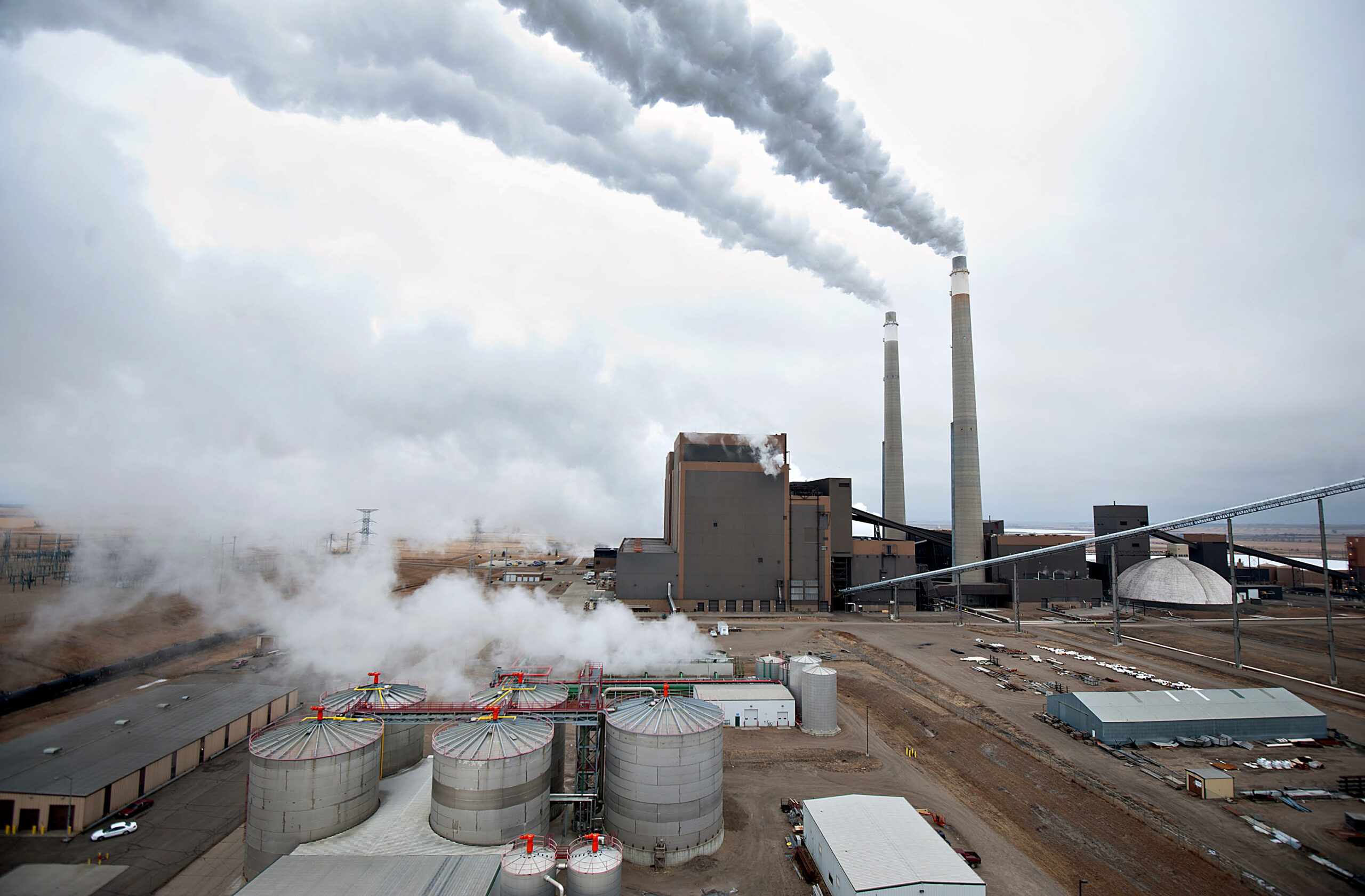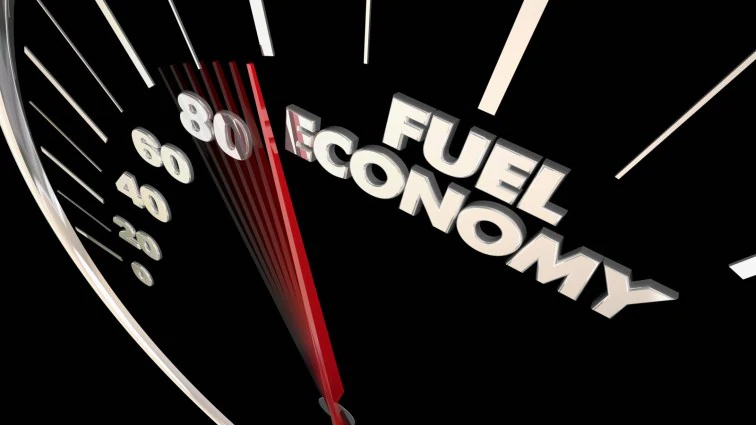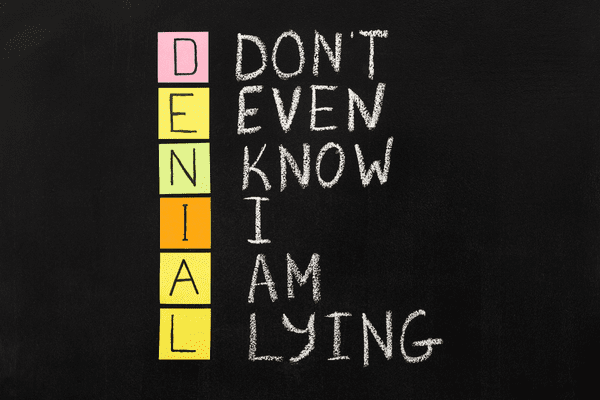Regulation
The Trump Administration is Squandering Our Natural Heritage
Proposed Endangered Species Act regulations are designed to stifle protections and provide developers even more power.
The world’s ecosystems have been subject to an increasingly dangerous cocktail of stressors from land and ocean over-development, invasive species, and pollution. But rather than stem the tide of these harms, the Trump administration has resurrected several regulatory changes to the Endangered Species Act designed to stifle species’ protections and provide land developers even more power to …
Continue reading “The Trump Administration is Squandering Our Natural Heritage”
CONTINUE READINGIs This the End of Cost-Benefit Analysis?
Trump’s EPA is effectively abandoning economic analysis
Maybe the Administration means to keep cost-benefit analysis in place for some other kinds of regulations at EPA or elsewhere. But if the courts uphold the EPA’s refusal to quantify the enormous harms caused by air pollution, it’s hard to see an argument for quantifying many other regulatory benefits. In other settings, environmentalists might applaud the repeal of cost-benefit analysis. In the current setting, however, the purpose is all too plain: to make it easier for the Administration to ignore the ways it is endangering human life and health.
CONTINUE READINGRollin’ Coal!
One year in on Trump’s ‘Toxic First’ Agenda and the MAGA assault on environmental law.
They call it Rollin’ Coal — when you retrofit your diesel truck (and they are always trucks) to emit more pollution. A lot more. You may have seen the pictures: big dark clouds of fine particulates and a bounty of air toxics — a big f*#ck you to Prius drivers, environmentalists, and, well, all of …
Continue reading “Rollin’ Coal!”
CONTINUE READINGEveryday Christmas: The Gift of the Commons
Clean air. Clean water. We receive these public goods every day without payment
One of the Christmas classics is the Jimmy Stewart movie, It’s a Wonderful Life. George Bailey, Stewart’s character, is despondent about his life until he learns how much he has unknowingly helped others and how grateful they are. It’s heartwarming, if also a bit corny. There’s a flip side to that story: the need to remember …
Continue reading “Everyday Christmas: The Gift of the Commons”
CONTINUE READINGGames Deregulators Play
Here are the six moves the Trump EPA consistently uses to justify deregulation.
If you start reading the Trump Administration’s arguments for deregulation, a repetitive feeling soon sets in. Every deregulation is different, of course, but there are stock arguments that seem to surface again and again.These arguments have a distortion effect, blurring the benefits of regulations while magnifying their costs.
CONTINUE READINGThe CAFE Rollback Is Audaciously, Aggressively Awful
The proposal even rolls back standards that the first Trump Administration set.
This morning I blogged about some wonky reactions to the Trump/NHTSA rollback of the CAFE standards. Now I want to step back and highlight just how truly bad the new set of standards is, based on incredibly aggressive legal interpretations. As my first post highlights, the standards are set for ten years despite statutory language …
Continue reading “The CAFE Rollback Is Audaciously, Aggressively Awful”
CONTINUE READINGSome Early Thoughts on the Dismantling of CAFE Standards
In short, the new standards are full of legal problems (and substantively awful).
It’s hard not to take personally this week’s overturning of the Biden Administration’s CAFE standards, and their replacement with standards that will, if finalized, reduce the projected average miles per gallon of the fleet from over 50 MPG to 34.5. The Biden standards were among my proudest accomplishments while serving at NHTSA (along with increasing …
Continue reading “Some Early Thoughts on the Dismantling of CAFE Standards”
CONTINUE READINGWe are Drowning in Plastic. Will a New Law Save Us?
The Drain is a weekly roundup of environmental and climate news from Legal Planet.
My family recently spent a warm November morning ankle-deep in mucky, brackish water, fishing out used condoms and syringes near Venice Beach. It stands out as one of the best days I’ve had all year. We were volunteering with Ballona Creek Renaissance, a local nonprofit that alongside Friends of the Ballona Wetlands organizes creek cleanups …
Continue reading “We are Drowning in Plastic. Will a New Law Save Us?”
CONTINUE READINGTrump’s Baffling Free Pass for Coke Oven Pollution
Even for the Trump Administration, this seems really weird.
Trump just gave coke ovens a free pass for their toxic air pollution. What makes this so weird is not Trump’s reversal of a public policy protecting public health or of an action taken under Biden. Both of those are routine these days. Nor is it weird that Trump did so without the slightest factual basis. That’s also par for the course these days. What is weird is doing this after Trump’s own EPA director, who has no evident scruples about favoring industry, said no. There is no indication Trump was even aware of this fact. And it is even weirder, in that industry didn’t have a compliance problem in the first place and would save only pocket change from the postponement.
CONTINUE READINGRed States and the American Free Enterprise Chamber of Commerce are Climate Champions?
The hypocrisy in Iowa v. Wright is nauseating.
Guess which parties made the following arguments about climate change in a recently decided Eighth Circuit Court of Appeals case, Iowa v. Wright? A group of red states and the American Free Enterprise Chamber of Commerce (AMFREE). The case involves an obscure but important formula, known as the Petroleum Efficiency Factor (PEF), applied when automakers …
CONTINUE READING













